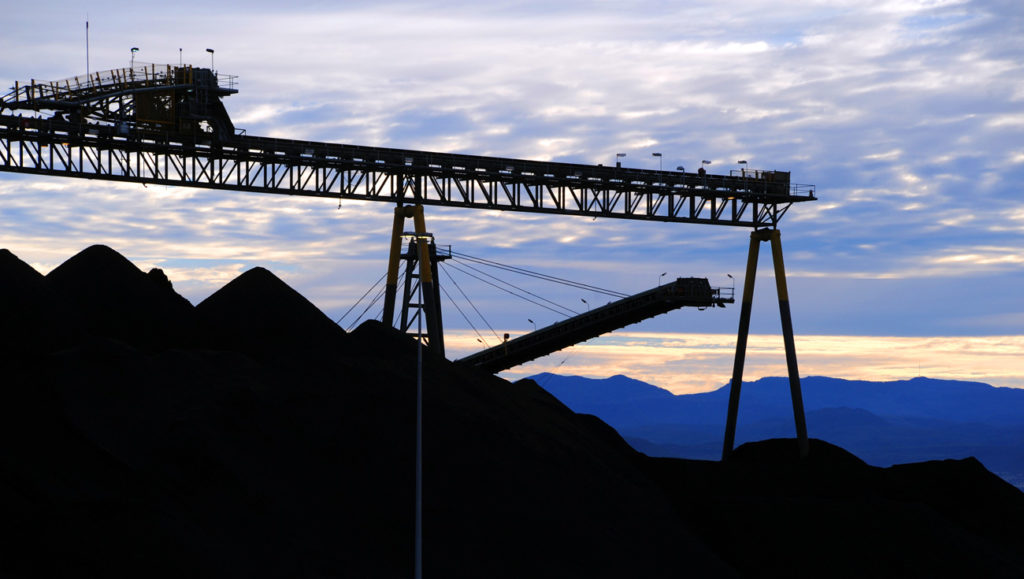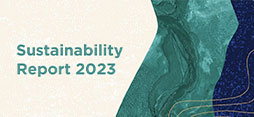15 July 2015
The life saving potential of coal – how Australian coal could help 82 million Indians access electricity

Coal is the world’s cheapest and most reliable source of electricity. It powered the Industrial Revolution and together with other fossil fuels such as oil and gas, has created an economic environment that has allowed billions of people throughout the world to achieve a better quality of life over the last 200 years.
The proportion of people living in extreme poverty has decreased from over 80 per cent of the world population in 1820 to only 14.5% in 2011, with the number of people living in extreme poverty
halving between 1990 and 2011 alone.
A new report from the Institute of Public Affairs (IPA) think-tank looks at this area in greater detail and details how Australian coal could help 82 million Indians access electricity, bringing them out of poverty and improving lives as a consequence.
The Executive Summary of the report is below. The full report can be downloaded by clicking this link: 22Jun15-BH-Report_The_life_saving_potential_of_coal.
The life saving potential of coal – by the Institute of Public Affairs
According to the World Health Organisation, over 3 billion people around the world still cook and heat their homes by burning biomass (including wood, crop waste and dung), and over 1.2 billion people have no access to electricity.
In India, the number of people without access to electricity is estimated to be at least 300 million with around 815 million people relying on biomass for cooking. The IPA has calculated that increasing the supply of Australian coal to India could allow at least 82 million Indian people each year to access a regular and reliable source of electricity.
However, while coal remains the world’s cheapest and most reliable form of electricity, the coal industry is currently under attack from an international network of climate change activists currently operating under the Divestment Campaign banner.
This campaign seeks to use public pressure and intimidation to force companies to drop so-called ‘immoral’ investments.
If these activists are successful, they will deny many of these people their best opportunity to get out of energy poverty.
Coal is Australia’s second most valuable export behind iron ore, the backbone of our own electricity networks, and has been responsible for improving the living standards of hundreds of millions of people in the developing world over the last 30 years.
Affordable electricity powers the increased production and safe storage of food, clean drinking water, the mass manufacture of clothing, the ability to heat and cool our homes and businesses, a better quantity and quality of housing, access to and safe storage of medicine, and the ability to transport ourselves around our local neighbourhoods, cities, countries and internationally.
While solar and wind power may very well have a place in future world energy supply, not even the most earnest activist can change the laws of physics and force solar power to work at night or in cloudy weather, wind power to work in calm conditions, or hydroelectric power to work in times of drought or in areas without large rivers or mountains.
Supplying coal to India would permanently improve the lives of millions of people – a goal worthy of public and policymaker support.
Categories:
Industry news Whitehaven coal
Whitehaven coal

